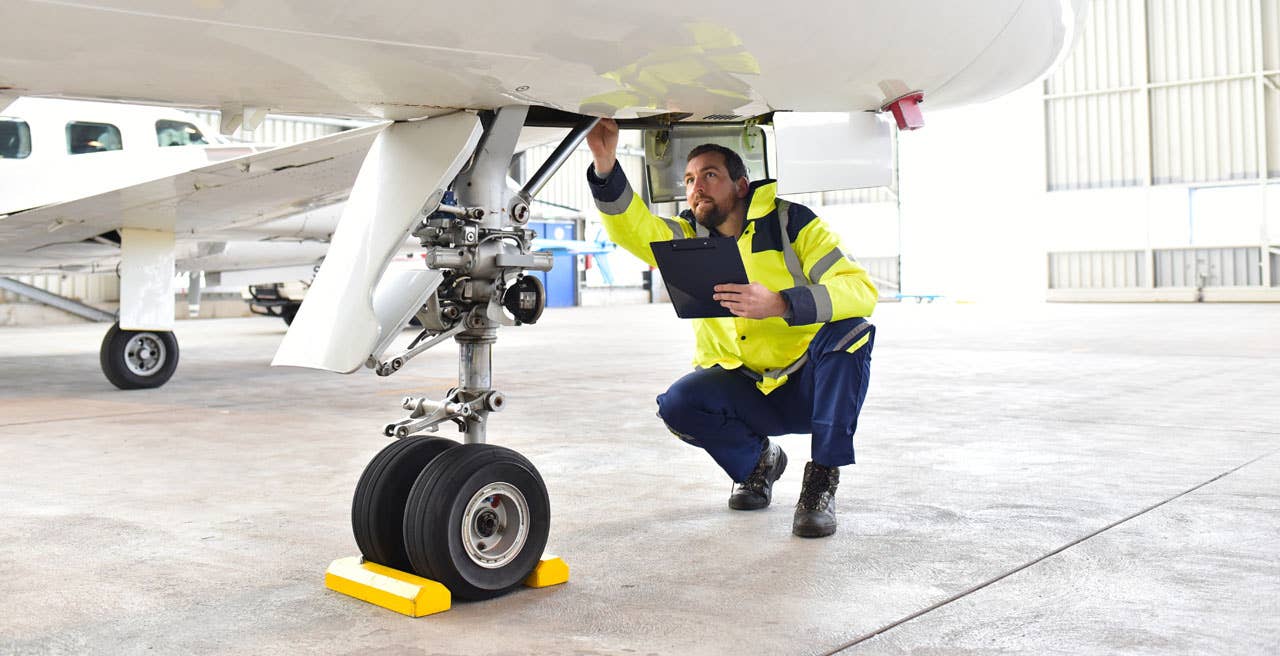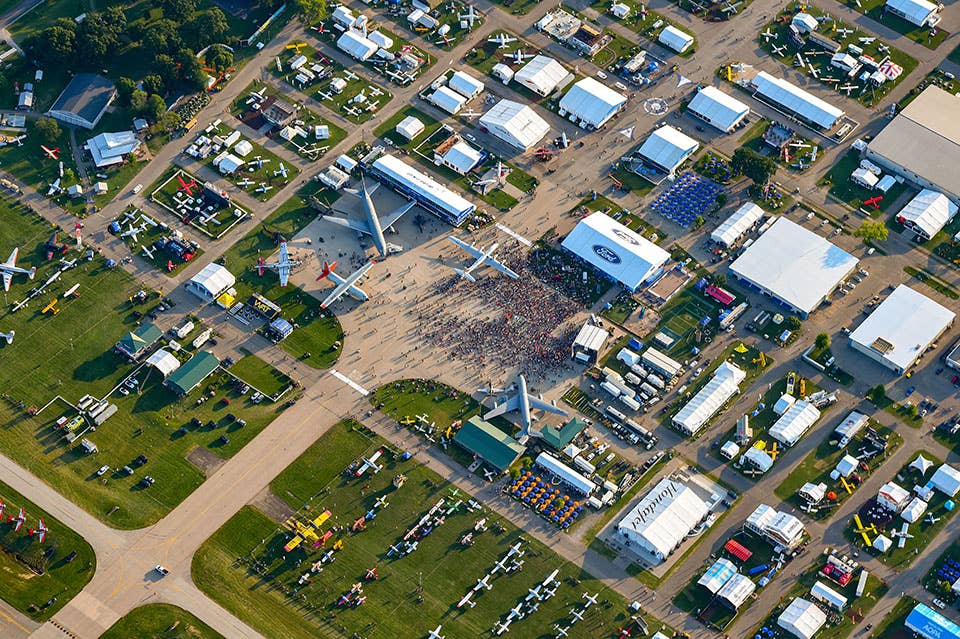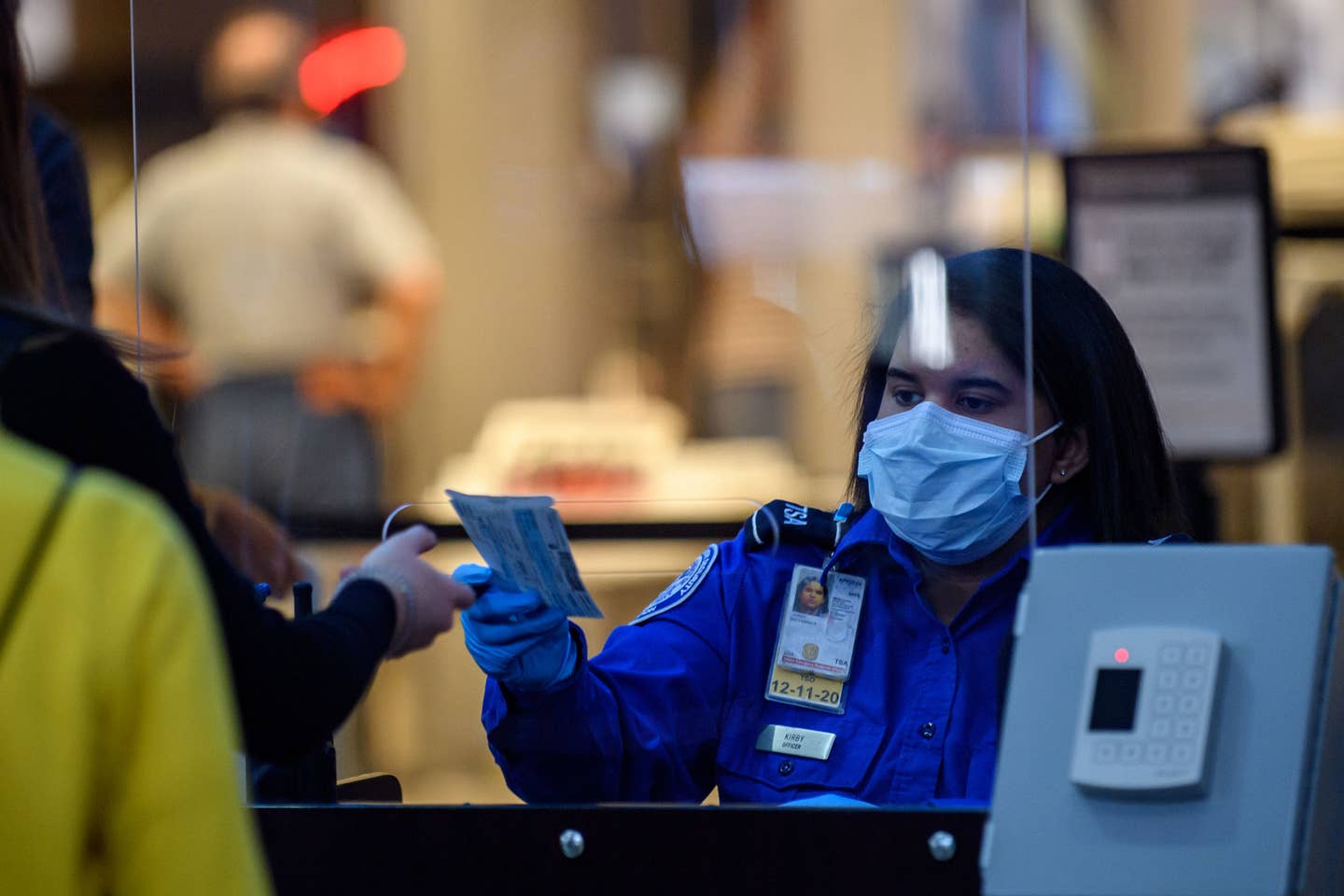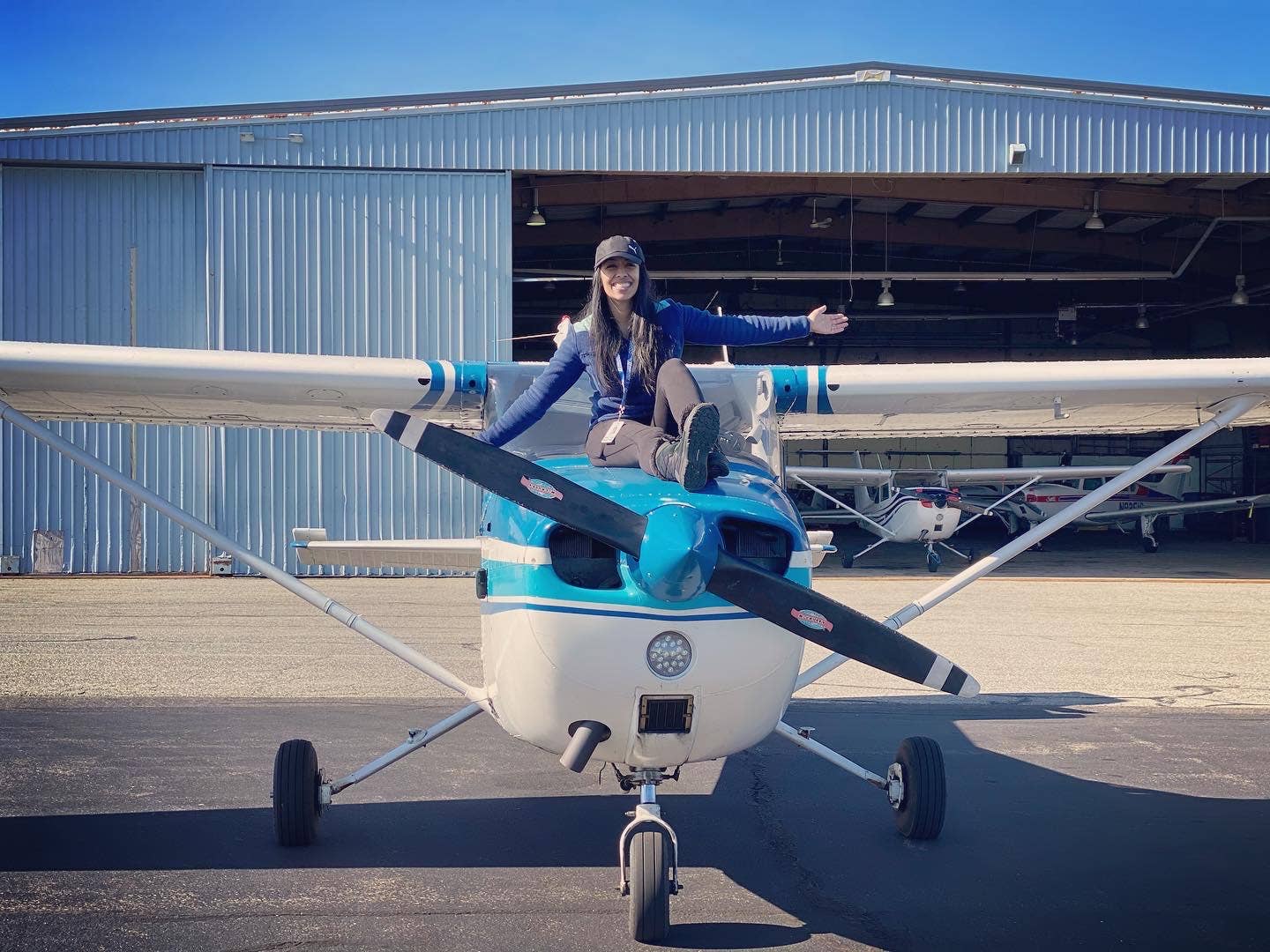Weather Shortens Air Race Classic
Every year, female aviators gather to compete in a cross-country race known as the Air Race Classic, and every year they face challenges, both predictable and unexpected. This year, continuing weather delays led organizers to shorten the course by more than 1,000 miles, chopping off the first five planned legs through Iowa, South Dakota, North Dakota, and Wyoming. Instead, the 43 teams launched from Alliance, Neb., setting off at noon last Tuesday. By Friday at sunset, about 8:30 p.m. local time, all of the aviators had landed safely in Mobile, Ala., after flying more than 1,200 nm with stops in Kansas, Texas, Oklahoma, and Arkansas. After calculating scores based on a complex handicapping formula, Leah Hetzel and Sarah Morris, of Jacksonville University, in Florida, came in first, flying a Cirrus SR20. They were the first collegiate team ever to win the race.
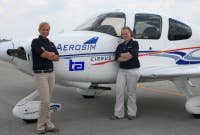
Every year, female aviators gather to compete in a cross-country race known as the Air Race Classic, and every year they face challenges, both predictable and unexpected. This year, continuing weather delays led organizers to shorten the course by more than 1,000 miles, chopping off the first five planned legs through Iowa, South Dakota, North Dakota, and Wyoming. Instead, the 43 teams launched from Alliance, Neb., setting off at noon last Tuesday. By Friday at sunset, about 8:30 p.m. local time, all of the aviators had landed safely in Mobile, Ala., after flying more than 1,200 nm with stops in Kansas, Texas, Oklahoma, and Arkansas. After calculating scores based on a complex handicapping formula, Leah Hetzel and Sarah Morris, of Jacksonville University, in Florida, came in first, flying a Cirrus SR20. They were the first collegiate team ever to win the race.
The two also flew together last year, when they finished 14th. "A lot has changed since last year," Hetzel said. "[This year] we kind of knew what to do." The pair were one of 11 collegiate teams flying this year. Second place went to another college team, Alice McCormack and Justyna Kincaid of the University of Illinois, flying a Piper Arrow. "College teams came in first and second, that's another first," air race organizer Marilyn Wilson told AVweb on Monday. "Four of them finished in the top 10." One team dropped out because of the weather delays at the start, Wilson said. The annual all-woman race traces its origins to the original Women's Air Derby in 1929. Next year's race will launch from Lake Havasu City, Ariz., in June.


